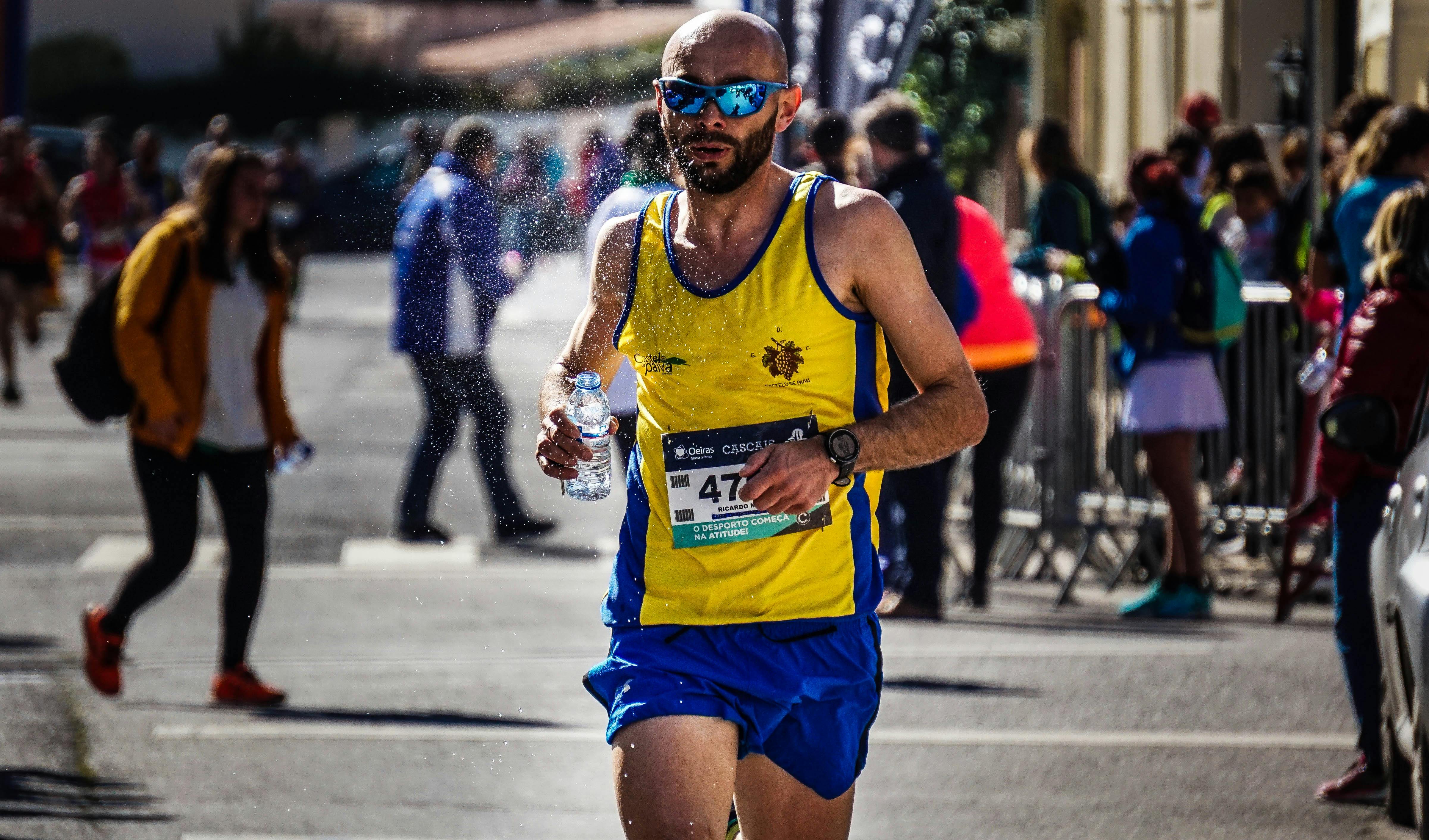Both wahoo and cobia are great for eating fish from the warm ocean waters. The Hawaiian wahoo and the Atlantic cobia.
WAHOO
Due to its long, graceful body with a torpedo-like shape, the Wahoo is one of the fastest fish in the ocean, reaching speeds of up to 75 miles per hour. It is related to tuna and mackerel and can be found in tropical and subtropical waters around the world. It is also found under the names of kink fish, peto and the most common is ono, which is the Hawaiian word for good to eat. The name Wahoo is believed to come from the name of the island Oahu, where fish abounds. The Wahoo has very small scales with a large mouth and very sharp teeth. It is iridescent blue with silver sides and has blue vertical bars that run the length of the fish. It is a colorful fish, but like mahi mahi, its color fades very quickly after death. It looks a lot like the barracuda, although the barracuda has larger teeth and larger scales. The Wahoo is important as a sport fish because of its speed and great flavor, but it is not that important commercially. Most of the fish traded comes from the Hawaii area. It is a fast growing fish and average catches range from 8 to 30 pounds, but it has been known to reach 180 pounds and over 8 feet in length. Wahoo has white to light gray flesh that is lean, delicate in texture, and mild in flavor. The best way to cook Wahoo is to bake, broil, grill, sauté, fry, deep-fry, or poach.
COBIA
A relatively new entry to the US fish market, cobia is found in warm waters around the world and in US waters off the Atlantic coast. It has a slim body with a flat head and a protruding lower jaw. It is dark brown in color with a white belly and a dark stripe from eye to tail. It has a smooth skin with small scales and is known to reach 150 pounds and 78 inches in length. Cobia can be found by many regional names, with some of the most common being the black kingfish, ling, and lemonfish. For their size and their great flavor meat they are highly appreciated by sport fishermen. They do not travel in large schools so their commercial importance is not so great. Because of this, the majority of cobia on the market is grown in Asia, Panama, Mexico, and recently in the United States. She can grow to over 10 pounds in the first year, making her future in fish farming very promising. Cobia meat is light tan in color and turns snow white when cooked. It has a rich sweet taste with a flavor compared to mahi mahi and an oil content compared to salmon. The best way to prepare cobia is baked, broiled, broiled, sauteed, or poached.
